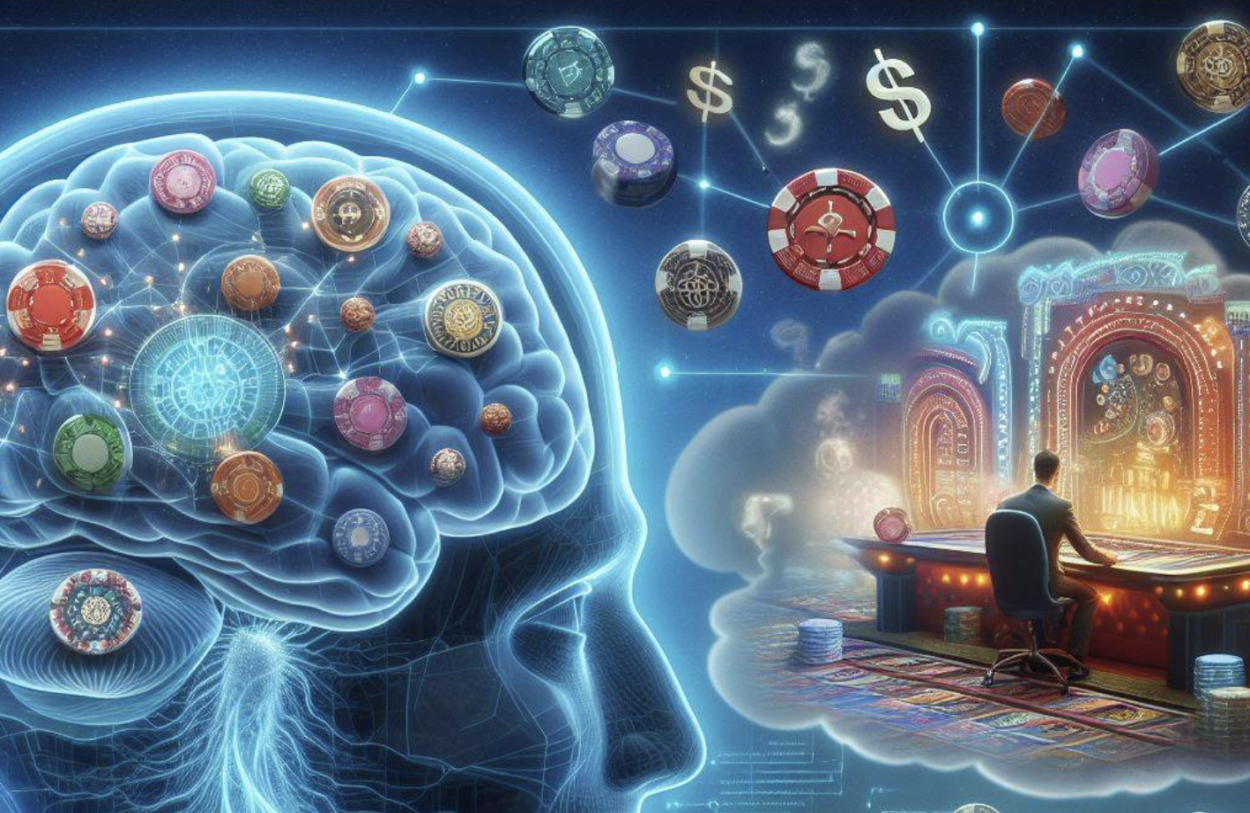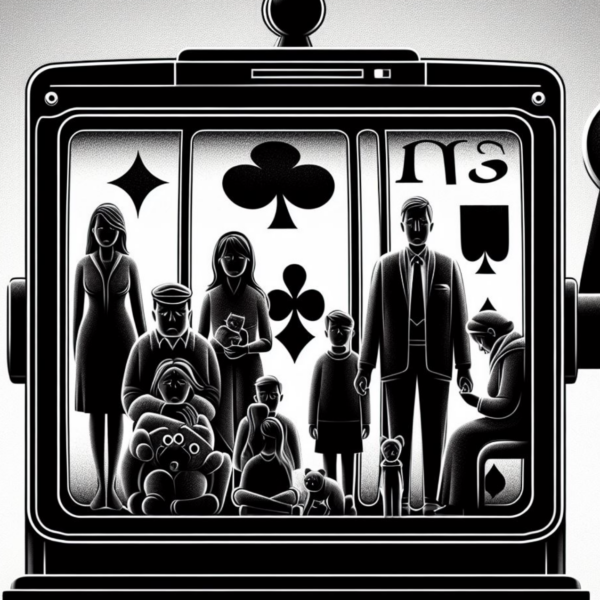The allure of online casinos isn’t just a matter of chance or luck; it’s deeply rooted in the neuroscience of human behavior and the brain’s response to reward. Online gambling platforms are meticulously designed to engage users, tapping into the brain’s reward systems and exploiting cognitive biases. This article delves into the neuroscience behind online casinos, exploring how various elements combine to captivate players and often lead to addictive gambling behaviors.
The Dopamine Reward System
Central to understanding gambling addiction is the brain’s reward system, primarily mediated by the neurotransmitter dopamine. Engaging in gambling activities triggers the release of dopamine, creating a sense of pleasure and reinforcement. Online casinos enhance this effect by offering rapid play, instant rewards, and the constant promise of the next big win, keeping the player in a state of continuous engagement and anticipation.
The Illusion of Control
Online casinos offer games that give the illusion of control, making players feel they have a strategy or influence over the game outcome. This can involve choosing numbers, playing cards, or deciding when to spin a slot machine. The perception of control is a powerful motivator that can lead to increased betting and prolonged play, as it falsely reassures players about their chances of winning.
| Variable Ratio Reinforcement Schedules | Online casinos employ variable ratio reinforcement schedules, where rewards are given out at unpredictable intervals. This is the same principle used in slot machines, where the unpredictability of wins and the occasional big payout keep players hooked. The uncertainty of rewards leads to a high level of engagement and the desire to continue playing, as the next big win could be just one more bet away. |
| Sensory Cues and Triggers | The design of online casinos is no accident; every sound, color, and animation is calculated to appeal to the senses and keep players engaged. The visual and auditory stimuli associated with wins, such as flashing lights and triumphant sounds, reinforce the pleasure of the reward. Even when not winning, the near-misses and the accompanying sensory experiences can push players to continue, driven by the excitement and the hope of a future win. |




Leave a Comment